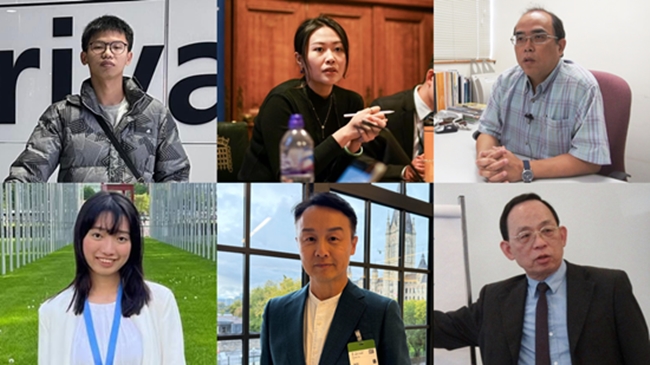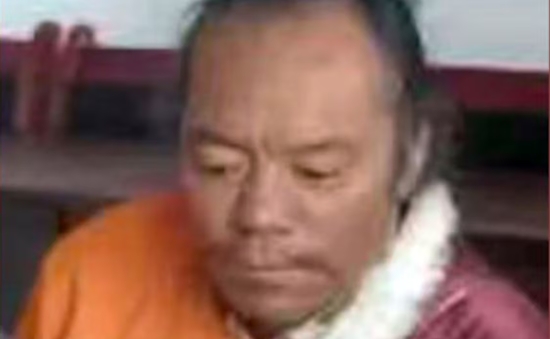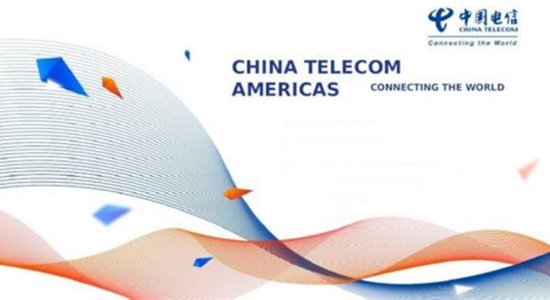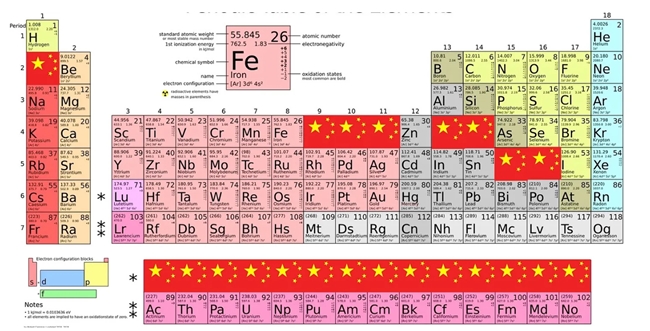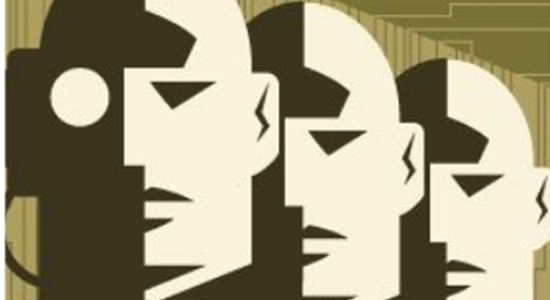
Deviations from government messaging about China’s centrally planned economy are “chaotic,” supposedly. And this “chaos”—this rampant public expression of the too-accurate perceptions of inadequately shackled minds—is bad, supposedly.
Seeing truth as inimical to the state’s goals and interests, champions of the Party’s brand of distortive Borg-think may feel that they have little choice but to shut down all spot-on assessments of “China’s poor economic predicament” (“CCP Shuts Down ‘Chaotic’ Online Commentary on China’s Poor Economic Predicament,” Vision Times, December 23, 2024)?
In their ongoing efforts to control what is shared online, China’s internet censors have begun to target and remove financial information that they deem to be “chaotic,” China’s State Internet Information Office said.
“The [State Internet Information] Office has kept up a high-pressure crackdown on chaotic online financial information, and has worked with relevant departments to deal with a number of accounts engaged in illegal stock recommendations, illegal financial intermediaries and other activities on platforms such as Douyin, Kuaishou, Weibo, and WeChat,” state-run news outlet Xinhua reported.
This kind of campaign is not new. But every once in a while the Chinese Communist Party seems to push one or another of its many repression campaigns extra hard.
In addition to financial insights claiming to be “expert guidance,” authorities are also targeting “illegal information that diverts and attracts traffic,” unlicensed financial services, and fraudulent investment schemes promising quick wealth, the Office added.
The authorities are going after all the bad things: talking about stuff, fraud, etc.
This crackdown came after the removal of a viral speech by economist Gao Shanwen, who criticized the government’s handling of youth unemployment and questioned the accuracy of official economic data.
In his speech, Gao said that rather than pursuing potential careers and contributing to the economy, youths would rather “turn off the lights and eat noodles”—a [phrase] coined to describe someone who has suffered financial losses….
According to livestreamer Gongzi Shen, [the government is censoring these comments] not because of how offensive they are, but because they fear the accuracy of these claims about the economy.
By censoring reasonable opinions, the government is wily-nilly sacrificing “the private sector and the whole of society” in order to cling to supreme power, Shen says.
